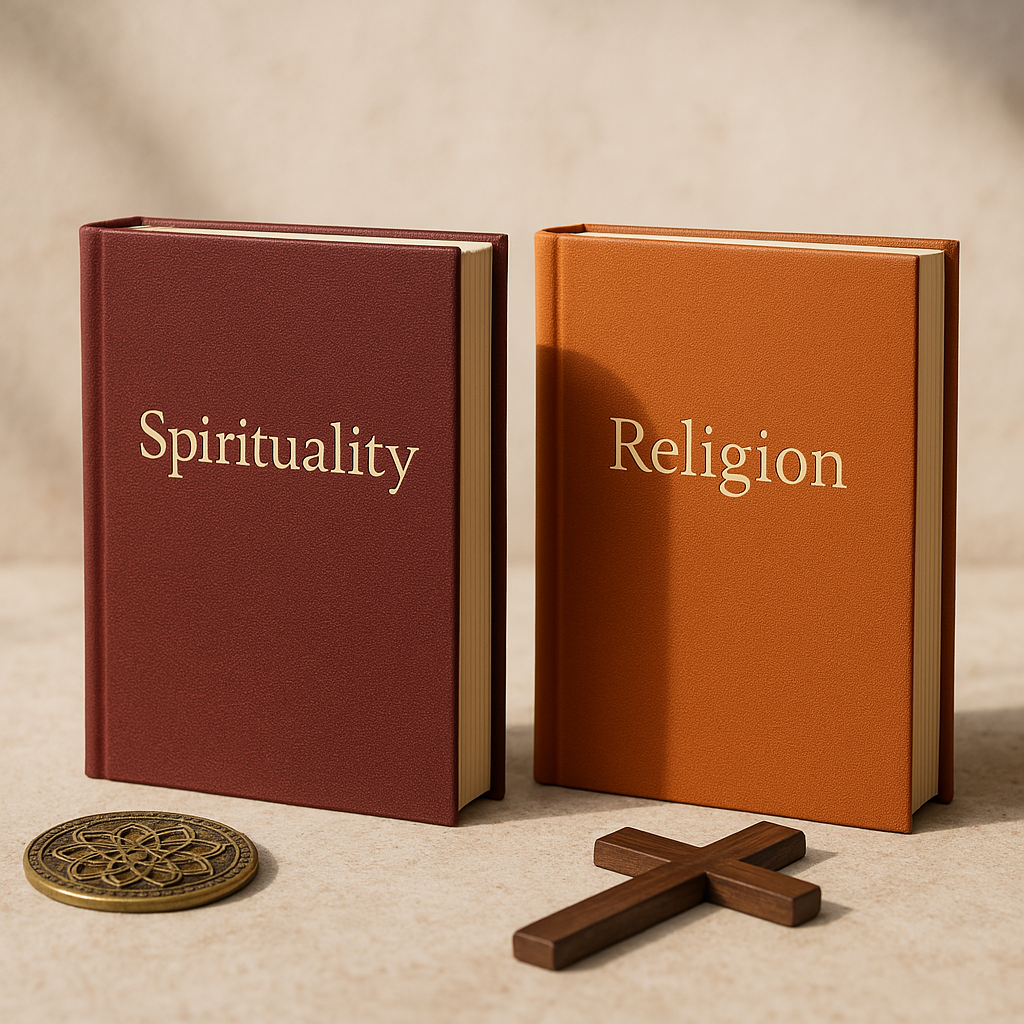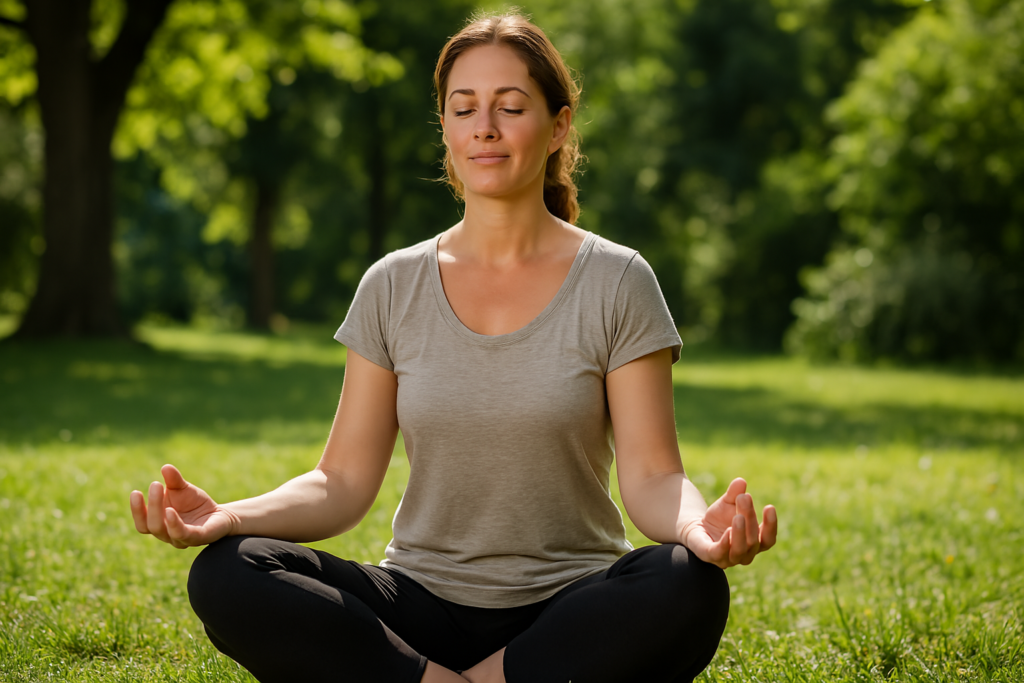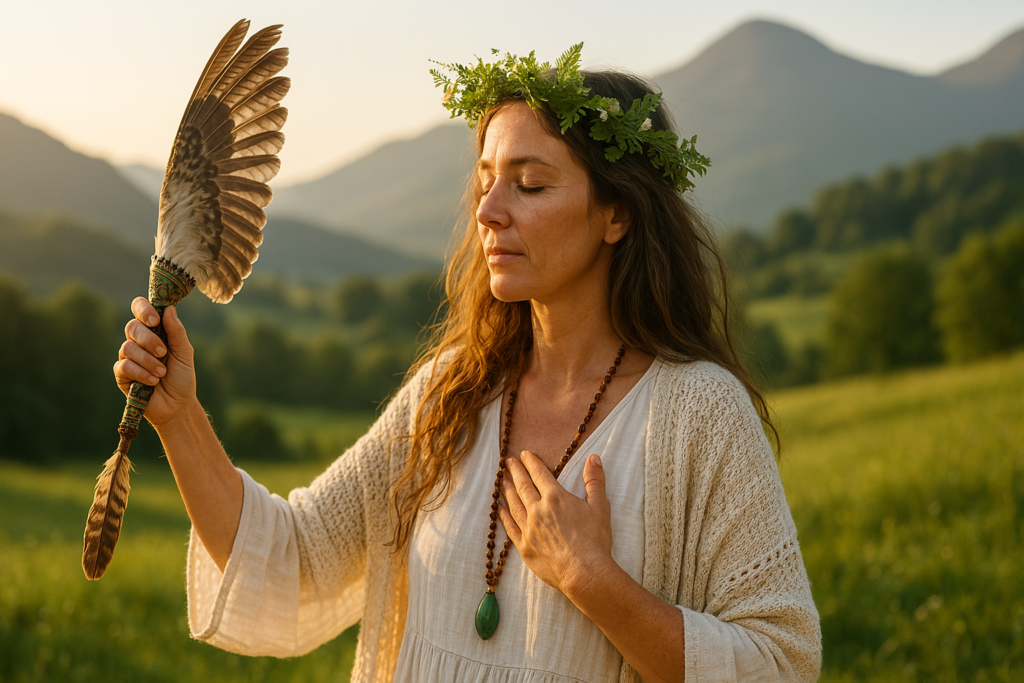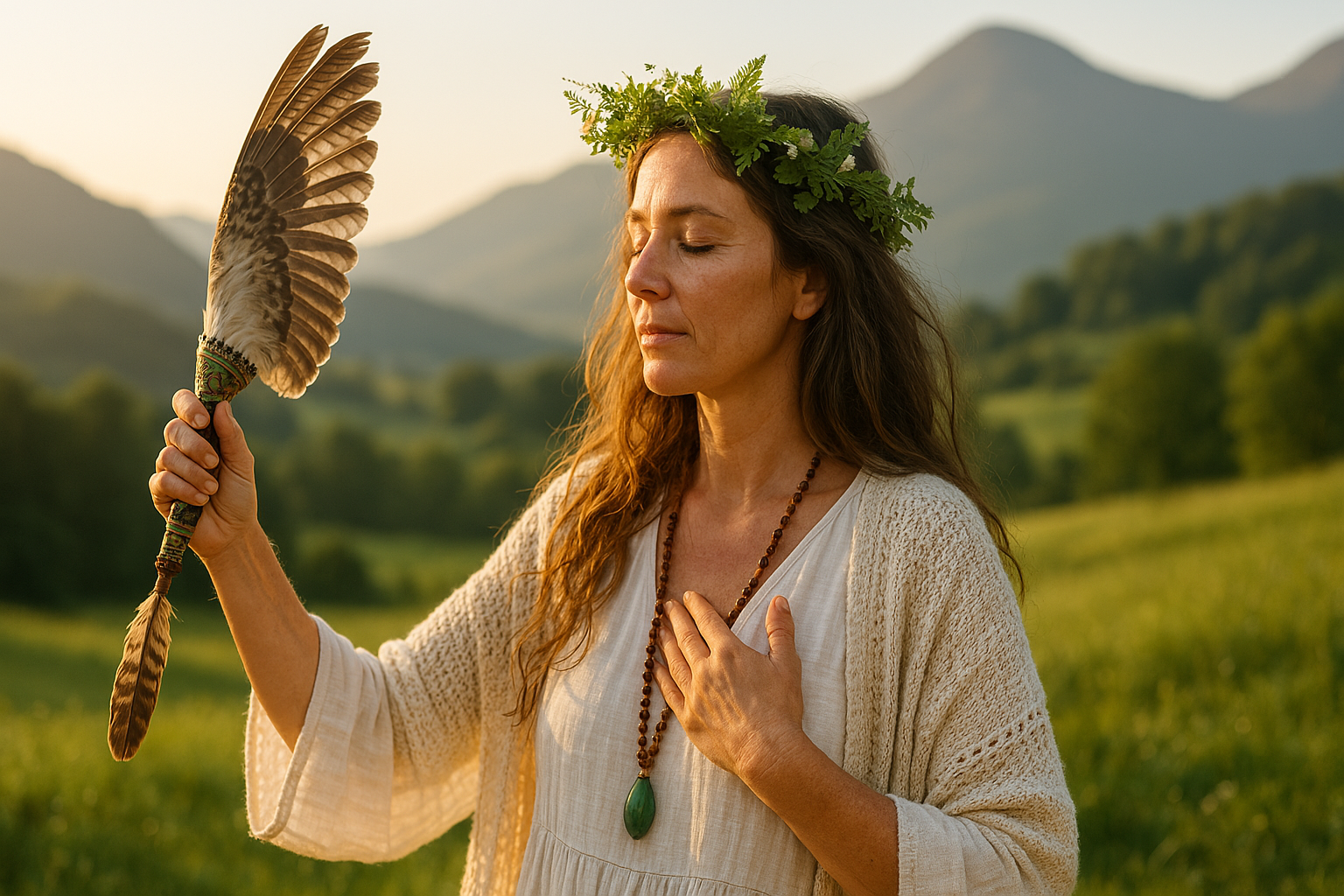Now Reading: Spirituality vs Religion Explained: Key Differences and Core Beliefs
-
01
Spirituality vs Religion Explained: Key Differences and Core Beliefs
Spirituality vs Religion Explained: Key Differences and Core Beliefs

Have you ever wondered what the real difference is between spirituality and religion? You’re not alone! Many people use the terms interchangeably, but in truth, they mean very different things. Whether you’re exploring your personal beliefs or just curious about how others connect with something greater, understanding the distinction between spirituality and religion can offer valuable insight.
In this post, we’ll dive into what sets spirituality and religion apart, where they overlap, and how they shape individual beliefs and experiences. We’ll break everything down in simple terms, clear up confusion, and maybe help you figure out what resonates with your journey.
What Is Religion?
Religion is often defined as a collection of beliefs, practices, and moral codes shared by a group and typically centered around the worship of a higher power or deity. Most religions are structured and community-based, with rules, rituals, and sacred texts guiding the faith of its followers.
Key Features of Religion:
- Organized structure and leadership (like priests or clergy)
- Formal doctrine or sacred texts (such as the Bible, Quran, or Torah)
- Regular group gatherings (attending church, temple, mosque, etc.)
- Rituals and ceremonies (baptisms, weddings, holidays)
- Defined moral code or commandments
For example, Christianity, Islam, Hinduism, Judaism, and Buddhism are all considered major world religions. Each has its own set of beliefs, teachings, and traditions.
What Is Spirituality?
Spirituality, on the other hand, is more personal and less formal. It’s about exploring life’s bigger questions—like why we’re here, what our purpose is, and how we can feel more connected to ourselves, others, and the universe. Unlike religion, spirituality isn’t always tied to a particular group or set of rules.
Key Elements of Spirituality:
- Individual and personal experience
- Focus on inner peace, self-discovery, and growth
- Connection to something greater (which may or may not be “God”)
- Flexible and evolving belief systems
- Often practiced outside traditional religious institutions
A spiritual person might meditate daily, journal their thoughts, or reflect on nature to feel connected. They may not attend any worship service or follow a designated path, but that doesn’t make their experience any less meaningful.
Main Differences: Spirituality vs Religion
To help visualize the differences, here’s a side-by-side comparison:
| Aspect | Religion | Spirituality |
|---|---|---|
| Structure | Organized and institutional | Flexible and individualized |
| Practice | Rituals and ceremonies | Personal reflection, meditation, mindfulness |
| Beliefs | Based on sacred texts and traditions | Based on personal experiences and intuition |
| Community | Emphasis on group worship and rituals | Often solitary or self-directed |
| Authority | Clergy, religious leaders | Self-guided |
Where They Overlap
While many people draw a clear line between the two, it’s important to recognize that spirituality and religion can coexist. In fact, lots of religious people also consider themselves spiritual. They might go to church regularly while also practicing meditation or journaling.
Similarly, some spiritual people who aren’t part of a formal religion may draw inspiration from religious texts or traditions without fully committing to them.
So, it’s not always an either-or situation!
Ask Yourself: What Feels Right?
Finding your spiritual path (or religious one) is deeply personal. Here are a few reflective questions to help guide you:
- Do I feel more connected in a communal setting or through personal quiet time?
- Am I looking for structure and guidance, or freedom and exploration?
- Do I believe in a specific higher power, or more in universal energy or intuition?
There’s no right or wrong answer here. This is your journey, and what works for one person might not work for another. It’s all about what makes you feel fulfilled, supported, and whole.
Personal Stories: A Glimpse of Both Worlds
Let’s take Sarah, for example. Raised in a religious household, she attended services every Sunday. But as she reached adulthood, she began questioning her beliefs. She felt more connected walking in nature than sitting in a pew. Over time, she stopped going to church but kept talking to God in her own way and began practicing yoga and meditation. She calls herself spiritual—not religious—but still embraces values like compassion and forgiveness that she learned from her faith upbringing.
Then there’s Jamal, who finds great comfort in the structure of Islam. He prays five times a day and observes Ramadan with his family. At the same time, he pays close attention to his inner wellbeing and journals about personal growth. For Jamal, religion and spirituality are not separate but beautifully intertwined.
Why Does This Matter?
Understanding the difference between spirituality and religion can help us be more compassionate and open-minded. When we see that people seek connection in different ways, we’re less likely to judge and more likely to learn from each other.
Plus, knowing where you stand can also help with decision-making, whether you’re choosing a path to follow or supporting a friend or loved one in theirs.
Common Misconceptions
Let’s bust a few myths while we’re at it:
Myth #1: You can’t be spiritual if you’re religious
Wrong! Many religious people have deep spiritual lives. The two can support each other beautifully.
Myth #2: Spiritual people don’t believe in God
Not necessarily. Some do believe in a higher power, while others may believe in the universe, nature, or simply the interconnectedness of all things.
Myth #3: Religion is outdated
While organized religion is changing, millions still find deep meaning and peace through their faith traditions.
Choosing Your Path
Here’s the truth: Whether you lean more toward religion, spirituality, or a blend of both, what’s most important is that it works for you.
Ask yourself:
- What makes me feel at peace?
- What brings me closer to others—or to something greater?
- What helps me become the best version of myself?
These questions are a great starting point for anyone exploring their personal beliefs.
How the Modern World Is Changing the Conversation
In today’s world, more people—especially younger generations—identify as “spiritual but not religious.” This shift reflects a growing desire for meaningful, authentic experiences over dogma or tradition.
Thanks to books, podcasts, online communities, and mindfulness apps, exploring spirituality today is more accessible than ever. Still, traditional religions remain strong and important to billions of people worldwide.
Final Thoughts
Spirituality and religion both offer ways to find meaning, connection, and peace. The key difference lies in how people choose to explore those concepts—whether through organized practices or personal journeys.
At the end of the day, whether you’re praying in a mosque, meditating alone in your room, or finding joy in nature, what matters is that you’re connected to something that brings you clarity, hope, and purpose.
So, which one speaks to you?
Sources
- Wikipedia: Spirituality vs. Religion
- Smith, Huston. The World’s Religions. HarperOne, 2009.
- Pew Research Center. “The Future of World Religions: Population Growth Projections, 2010-2050.” https://www.pewresearch.org/religion/
- George, L.K., & Park, C.L. (2013). Meaning in Life and Adjustment to Stress. Springer, Handbook of the Psychology of Religion and Spirituality.
If you found this article helpful, feel free to share your thoughts in the comments or send it to a friend who might be exploring their own path. 💫








